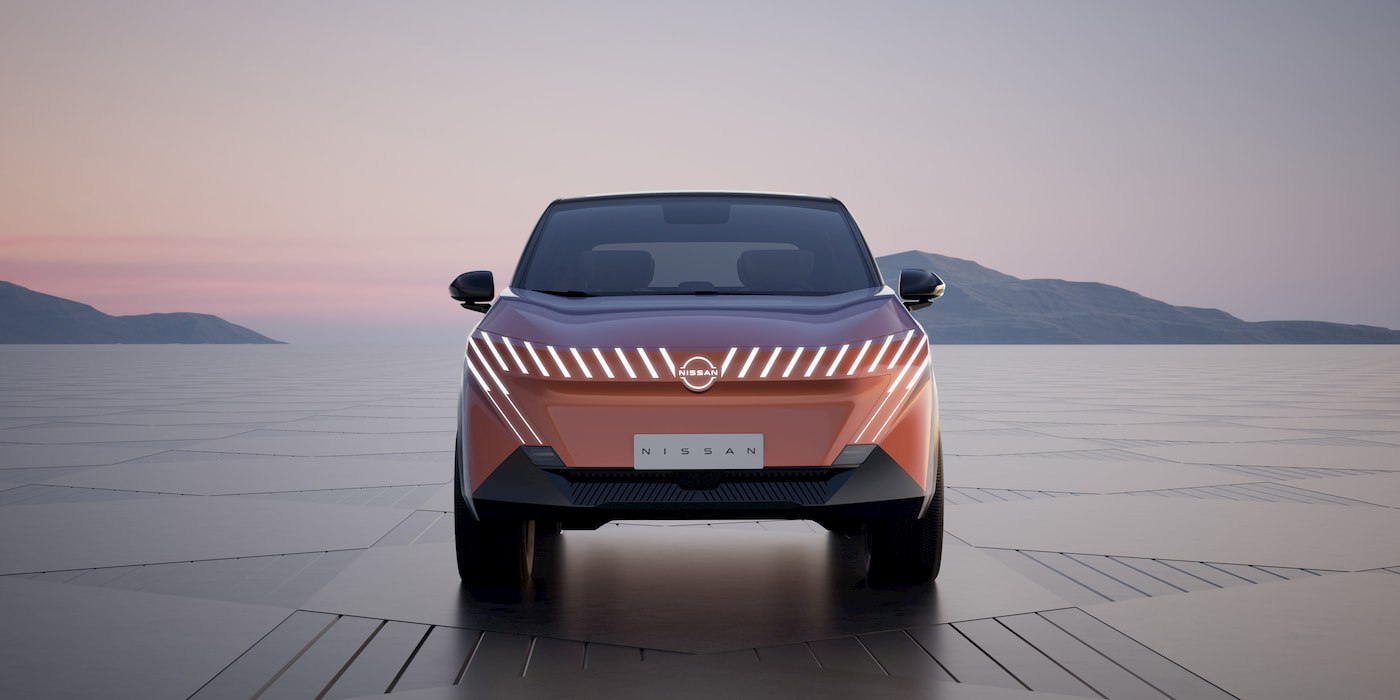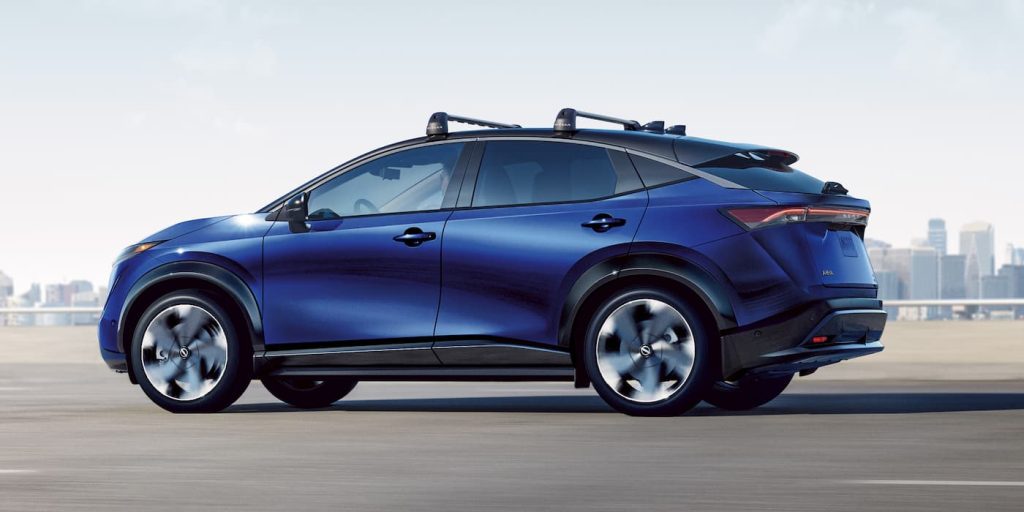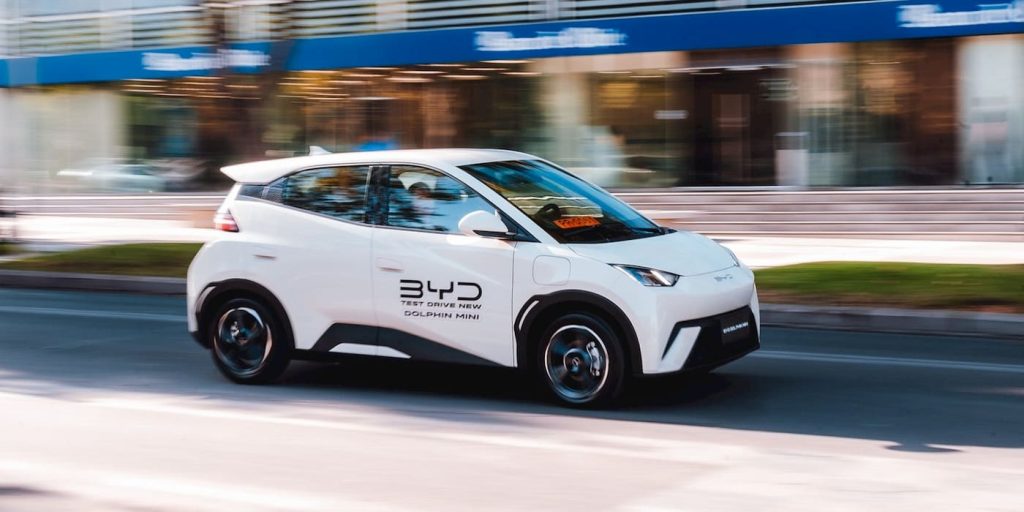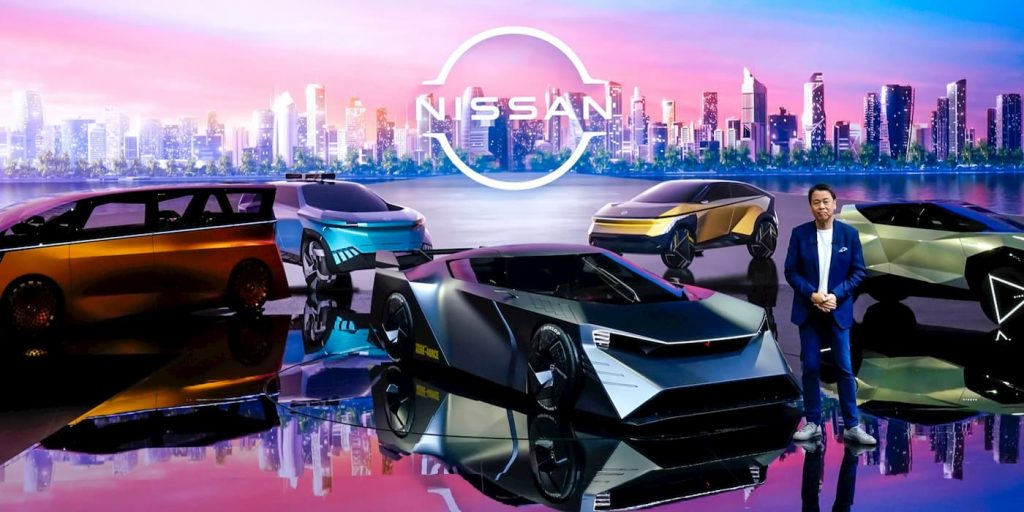
Nissan is the latest victim of BYD’s “liberation battle” against gas-powered cars. After BYD’s aggressive price cuts this year, Nissan is shutting down a factory in China as it struggles to keep up.
As is the case for many legacy automakers, China is a critical sales market for Nissan. Nearly a third of Nissan’s global sales and net profits are from China.
After slipping out of the top five automakers (by market share) in China in 2022, Nissan’s woes are worsening. Nissan’s sales fell 16% in China last year and the trend has continued into 2024.
Nissan’s sales fell another 2.8% last month, with 64,233 vehicles sold in China. The company cut guidance by 23% last year, with 800,000 vehicle sales expected in fiscal 2024. According to Nikkei, Nissan will do so with one less factory.
Nissan is closing the doors to its plant in Changzhou as the factory is building more cars than it can sell.
The facility accounts for about 8% of Nissan’s production capacity in China, with an annual capacity of around 130,000 units. According to the report, the plant shuts down on Friday.

Under its joint venture with China’s Dongfeng Motor, Nissan has eight plants in the region. Its total annual capacity is around 1.6 million, double Nissan’s projected sales figures for fiscal 2024.
Nissan shuts down China plant amid BYD’s EV price war
The plant shutdown comes as Nissan struggles to keep up in an increasingly competitive China EV market.
China’s largest automaker, BYD, kicked off a “liberation battle” against ICE vehicles earlier this year. The goal is to continue taking market share from gas-powered cars with lower-priced EVs. So far, it seems to be working.

BYD has drastically cut prices while introducing lower-priced EV models. Its cheapest, the Seagull EV, starts under $10,000 (69,800 yuan).
BYD’s CEO, Wang Chaunfu, said EVs have entered “the knockout round” and that the next two years will be critical for automakers to catch up.
With lower-priced, more advanced models hitting the market, BYD sees joint venture brands (like Nissan’s) market share falling from around 40% to 10% in China.
Nissan isn’t the only legacy automaker feeling the heat. Japanese rivals Toyota, Mitsubishi, and Honda have also pulled back in China amid slumping sales.

Meanwhile, BYD looks to expand its global footprint after outgrowing China’s EV market. BYD is closing in on a deal for a plant in Mexico that would be among the biggest in the country. The company expects to sell 50,000 vehicles in Mexico this year.
BYD is also expanding on Nissan and Toyota’s home turf. According to data from the Japan Automobile Importers Association, BYD accounted for over 20% of Japan’s EV imports in January.
With longer-range, lower-priced models rolling out, BYD’s momentum is expected to continue. China’s leading automaker is also expanding into new segments like pickups (check out the new Shark PHEV), mid-size electric SUVs, and luxury.
FTC: We use income earning auto affiliate links. More.